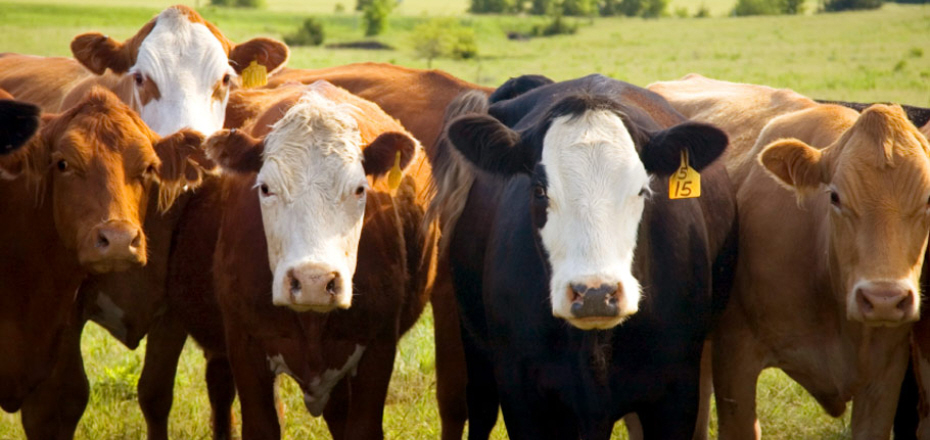Failure of Passive Transfer
by Ben J. Character, DVM

Failure of passive transfer occurs when a newborn does not receive colostrum (“first milk”) from it’s mother. The colostrum contains antibodies that protect the newborn from infection, until it’s own immune system can defend itself.
Unlike humans and some other species of animals, most of the species of farm stock (such as cows, horses, sheep, etc.) do not receive any antibodies while in the womb. Therefore, it is vital that they receive colostrum. Not only must they receive the colostrum, but also it must be ingested during the first 24 hours of life. This is because at birth, the gastrointestinal (GI) tract is very open to absorption of the large antibody proteins. As time passes, it gradually becomes less able to absorb the large proteins; and after 24 hours, it will lose the ability completely. Therefore, the sooner the colostrum is ingested, the better.
All newborn stock (foals, calves, etc) should be watched carefully during the first hours of life to assure that they have nursed. The newborn is born with a large energy reserve. This can be confusing when trying to determine if a newborn is receiving adequate nutrition. Remember, colostrum must be ingested with 24 hours of birth. Equally as important, the dam should be checked to assure that milk production is occurring. If there are any signs that indicate inappropriate nursing or lactation, a veterinarian should be contacted immediately to assess the situation. Sometimes, if treatment is started within 24 hours of birth, it may be successful in preventing sickness and death.
